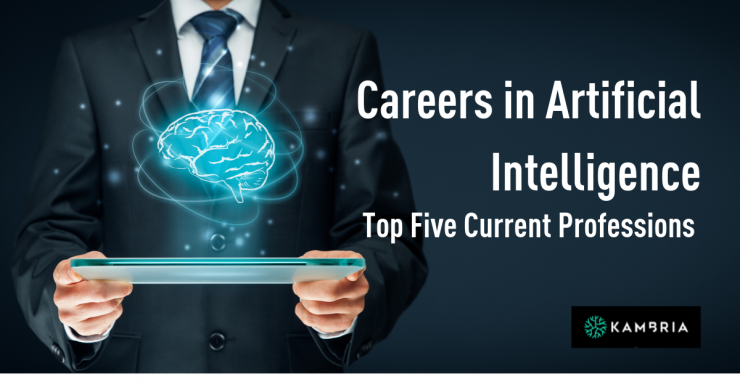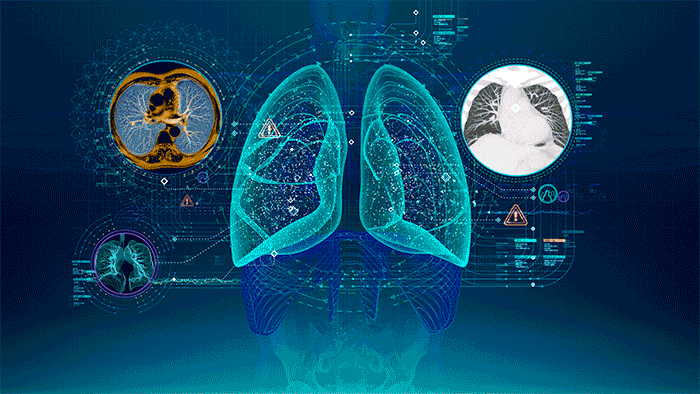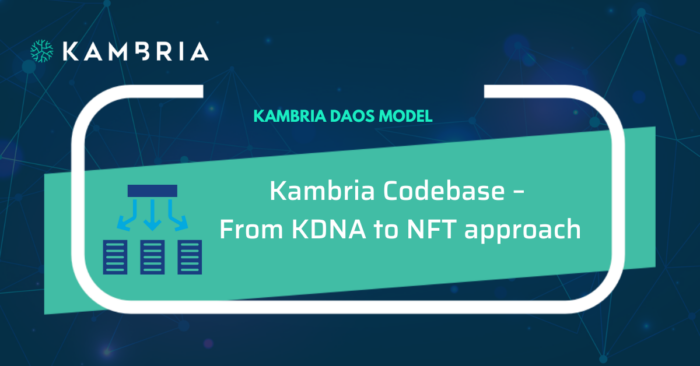
97.2%
That is the calculated percentage of firms and companies that are now investing in Big Data and AI, according to a report submitted by NewVantage Partners in 2018.
This overwhelmingly huge statistic proves to us, beyond any shred of doubt, just how game-changing digital information and AI had become over the last few decades. Any institution that is not currently tapping into the raw power of Big Data will be left behind in this ever-changing competitive landscape.
What does this mean for you? Today, more than any other time in modern history, is the best time to align and advance your career with this technological trend. Whether it’s a professional degree or working knowledge, getting educated about careers in artificial intelligence in order to secure a job is a definite intellectual investment.
Human Jobs and AI
Even if you are not particularly tech-savvy, you most likely have already encountered several voices of concern over the last few years due to AI’s influence on society. It has been long predicted that AI and robotics, in general, will eventually take up a significant portion of the world’s human labor force sometime within the next few decades. Some even guarantee that all human jobs will be lost one way or another to AI.
This is the strange irony of AI. While it has been proven time and time again that new fields of knowledge create new kinds of jobs and professions, the fact that all other older jobs are taken by AI becomes a concern. Will AI catch up soon? Is automation capable of overtaking any human professions in our lifetime? Perhaps, but certainly not within the next few decades.
If there is one thing that will make this happen in the future,it will be the work of future engineers, specialists, and tech professionals who stake their claim now in the still-burgeoning field of AI.
What Can AI Do Today?
You would be hard-pressed to find an institution today that is not built on information and data. Therefore, most anyone can benefit from AI in various ways, either through optimization, adaptation, or enhancement. In general, these are the biggest practical applications for AI in our current data-driven 21st century.
High-Level Automation – the most basic application of AI that is still in big use and in active development today. If you are familiar with Tesla’s autopilot system or Built Robotics’ autonomous construction equipment, then you are familiar with how it is implemented. This type of automation involves aggregating large amounts of data from various sources such as cameras, sensors, and radar to facilitate real-world interactions.
Smart Financing – management in any form that is related to accounting and/or balancing assets. A well-designed financing AI, even if built using old traditional programming design methods, can still function relatively well to supplant most human-based finance business operations. However, today, financing AI extends to more important integrated roles such as market analysis for investment decisions or even data mining.
Trend Analysis – the analysis of huge amounts of (usually) non-financial data in order to find patterns and correlations that would determine future outcomes and decisions. At a basic level, it is a very valuable tool for scientists and academic researchers. Recently though, trend analysis is applied far more often in social media, and other similar online organizations, where huge amounts of user data can be collected.
Medical Diagnosis and Discovery – this is any analytical application with regards to observing the human body and how it operates. As the name suggests, it assesses patients for diagnosis and suggested treatment. In addition, this type of AI can also be used to generate new medical information such as discovering new drug compounds or new medical procedures.

Top Five Careers in Artificial Intelligence
With its biggest applications today in mind, here are the top five jobs that you can get with an AI-focused career.
Machine Learning (ML) Engineer
Perhaps the most in-demand AI job within the last decade, machine learning engineers are tasked with the broadest of applications. In fact, a subset of ML engineers actually qualify for some of the jobs mentioned below. Responsibilities range from running and testing breakthrough research experiments to developing the next-generation AI technologies for a certain industry.
Potential Pay Range: $100,000 - $200,000 Relative Demand: High
Computer Vision Engineer
It is an interdisciplinary job that combines data engineering of visual data and the algorithmic understanding of pattern recognition. The end goal is to be able to make your AI provide high-level, near-perfect image recognition to a specific type of data set. They are currently more popular in autonomous vehicle system development but are actually more technically useful in investigative and legal discovery applications.
Potential Pay Range: $120,000 - $240,000 Relative Demand: Average
Business Intelligence (BI) Developers
Their main responsibility of a business intelligence developer is to provide technical solutions linked to the interpretation of internal business data. What a business does -- its operations, its sales, its investments, and its management -- are all collected and analyzed by BI developers in order to create a maintained system built for the highest efficiency. Entrepreneurial decisions are also affected by what the BI developer assesses.
Potential Pay Range: $80,000 - $110,000 Relative Demand: High
Data Scientist
This is a modern hybrid between a computer scientist and a mathematician that specializes in extracting information and insight from collated data. Data scientists are able to organize and interpret vast amounts of data using algorithms, statistical tools, and data mining, with the end-goal of using the data to provide improvements within their institution. As such, expect a data scientist to be employed far more often in areas related to finance, retail and commerce.
Potential Pay Range: $50,000 - $150,000 Relative Demand: Very High
Algorithm Developer
The researcher, writer, and tester of different algorithms used for all kinds of academic and business applications. The implementation of algorithms is just one part. Analyzing them as they work and modifying them as needed is the second, and perhaps more important part, of the main responsibility of an algorithm developer.
Potential Pay Range: $30,000 - $120,000 Relative Demand: High
Top Three Future Careers in Artificial Intelligence
Of course, if advanced AI is presented as the future of Big Data today, then its further development should give rise to even newer careers in professions around its technologies going forward.
Autonomous Traffic Manager
In the somewhat conceivable future where all vehicles have become fully autonomous, the random element of human error simply ceases to exist. Therefore, being able to optimize the entire traffic flow becomes the bigger, more central priority. A built machine learning system itself can sustain this function. However, designing, implementing, and optimizing it is still left within the capable hands of future autonomous traffic managers.
Demand Potential: Quite Average
Blockchain AI Developer
Blockchain technology, while thoroughly implemented in a number of different applications today, is still relatively niche compared to the growth of AI within the world’s major industries. In the future, however, Blockchain would inevitably merge with AI as a highly advanced form of decentralized computing. Blockchain AI developers will then be tasked to create a computational framework that will function optimally within this nonlinear system.
Demand Potential: Very High
Quantum Machine Learning (ML) Engineer
The forefront of computing technologies today still remains within the realm of quantum computing. Once quantum supremacy has been thoroughly achieved without a single shred of doubt, the next step is to design quantum computers that will eventually supplant our most advanced supercomputers when it comes to crunching large sets of data. As such, the basic mission of a quantum ML engineer may not sound different, though the new underlying principles of quantum-based algorithmic and software design would need a thorough review.
Demand Potential: “Inevitable”
“Without ‘big data’, you are blind and deaf and in the middle of a freeway.”
- Geoffrey Moore, The Business Book (2014)
Just as with any new technology, trend, or paradigm, the emergence of highly complex AI today opens many job opportunities for people.
Indeed, the demand for (human!) professionals in AI has practically doubled within the last decade. Even further, most emerging technologies that would soon be developed by the next decade will have their roots planted deep into complex AI.
The hard truth is that Big Data is an important part of the world today. Even if further development of AI would eventually cause many other jobs to become obsolete, ignoring its benefits to newer jobs around its technologies would be akin to denying the role of fire in the development of our civilization.
Kambria’s AI Online Educational Programs
Kambria is developing educational and training alliances worldwide alongside partners in India, Bangladesh, Vietnam, Japan, and China. Our online artificial intelligence courses will enable you to take the next step in your career. Stay tuned as we will launch our online AI courses shortly.







